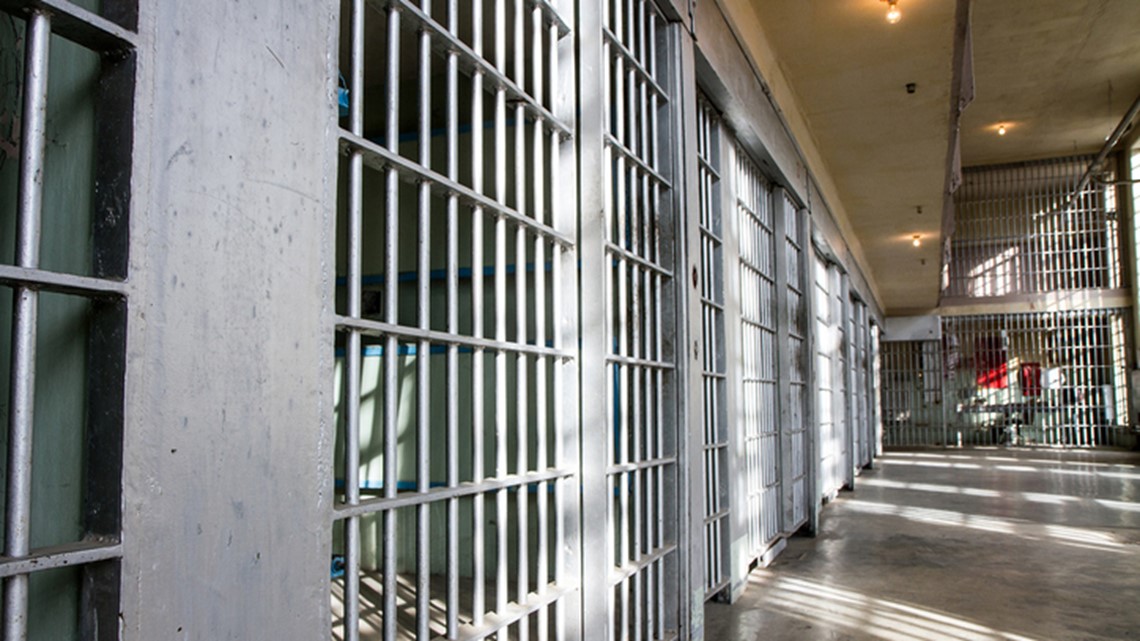
The report focuses on solitary confinement in two Texas prisons, the H.H. Coffield Unit and the Mark W. Michael Unit in Tennessee Colony, Texas.
TEXAS, USA — A new report published by the Texas Civil Rights Project (TCRP) and the University of Texas School of Law‘s Civil Rights Clinic takes an in-depth look at the use of solitary confinement in two Texas prisons.
The report, titled “Solitary Confinement in Texas: A Crisis with No End,” focuses on solitary confinement in the H.H. Coffield Unit and the Mark W. Michael Unit in Tennessee Colony, Texas, and urges the U.S. Department of Justice to begin an inquiry into those facilities.
“This report uncovers the deeply troubling realities of solitary confinement in Texas prisons,” said Molly Petchenik, a staff attorney with the Criminal Injustice Program at TCRP. “The egregious conditions and disproportionate impact on marginalized communities demand immediate attention and action.”
The report states that the Texas Department of Criminal Justice (TDCJ) currently detains more people in restrictive housing for three years or longer than all other states and the federal government combined.
According to a press release from the TCRP, the report looks at the “alarming injustices” in the two facilities it focuses on, including “the staggering number of individuals subjected to solitary confinement, severe understaffing, and distressing accounts of the conditions endured by those confined.” The report also includes firsthand narratives from people who have experienced solitary confinement.
“This report sheds additional light on the inherently harmful, sometimes even fatal, impacts of solitary confinement. TDCJ must act to stop the continued harm people who are incarcerated face from this shameful practice,” said Lia Sifuentes Davis, director and clinical professor of the UT School of Law’s Civil Rights Clinic.
The report also includes new data analysis by researchers at the UCLA Law School‘s “Behind Bars Data Project.”
The analysis reveals, among other things, that the average crude suicide in TDCJ from 2020 to 2022 was 86% higher than the average rate for all U.S. prisons in 2019. The analysis also shows that facilities with the highest populations of solitary confinement also have a disproportionally higher number of non-white incarcerated individuals between the ages of 35 and 64.
“The findings of this report, grounded both in data and in the personal experiences of those directly impacted, make clear that being held in solitary confinement in Texas prisons can have a deadly impact, said Sharon Dolovich, a professor at the UCLA School of Law. “In Texas, the prisons with the highest suicide rates are also the ones with the highest usage of solitary confinement. Interventions to save lives and reduce suicide in the TDCJ system must involve steep reductions in the use of solitary confinement.”
This post was originally published on this site be sure to check out more of their content.








